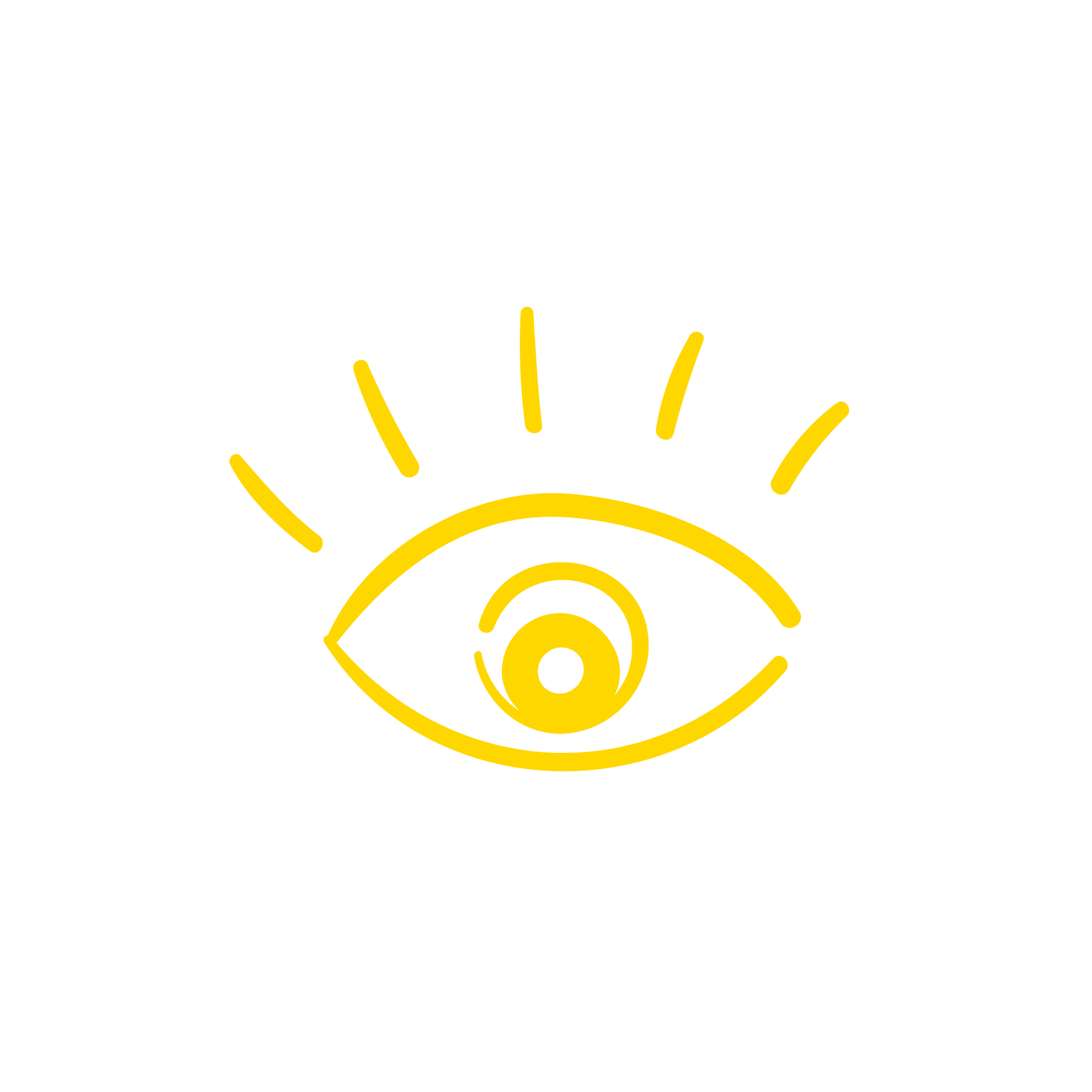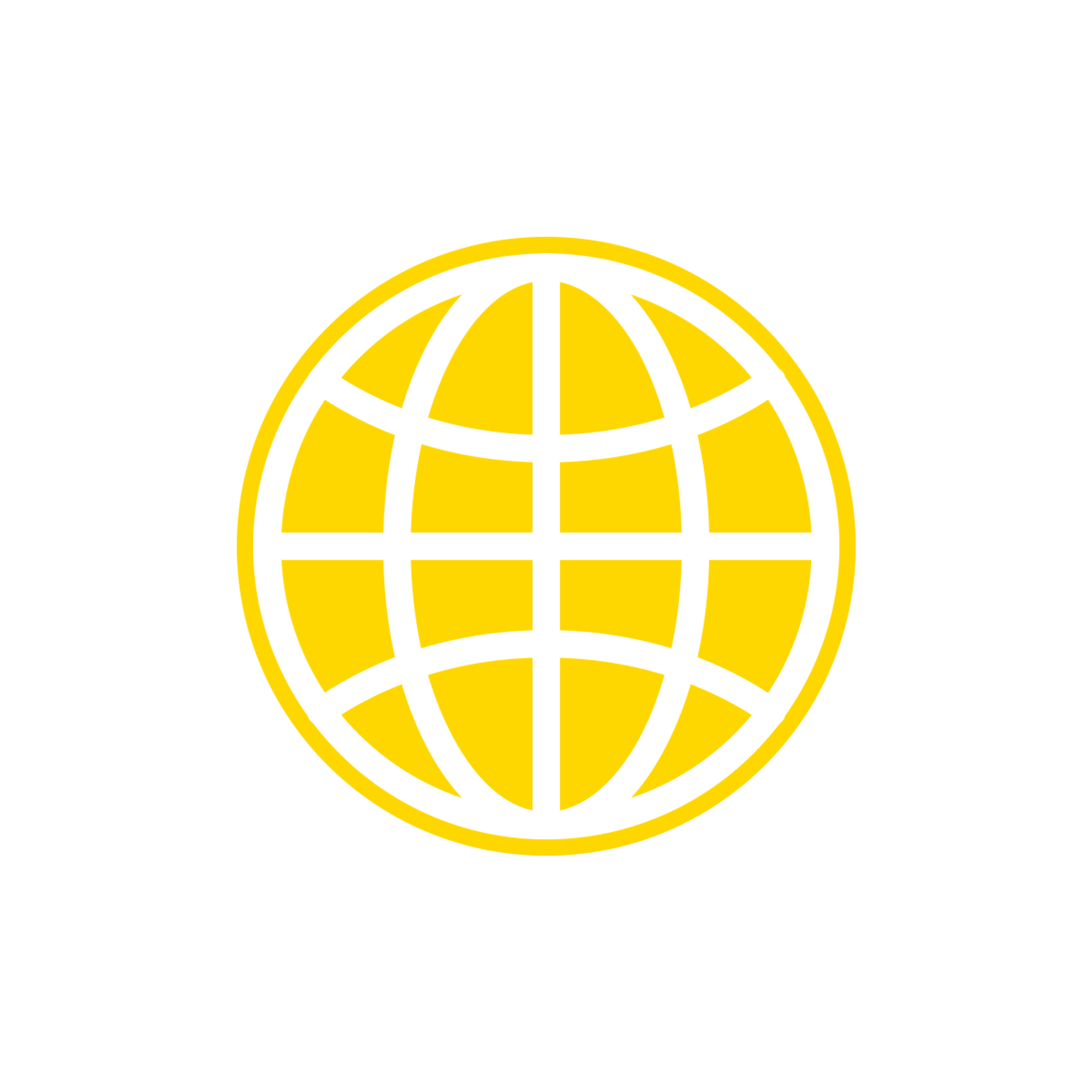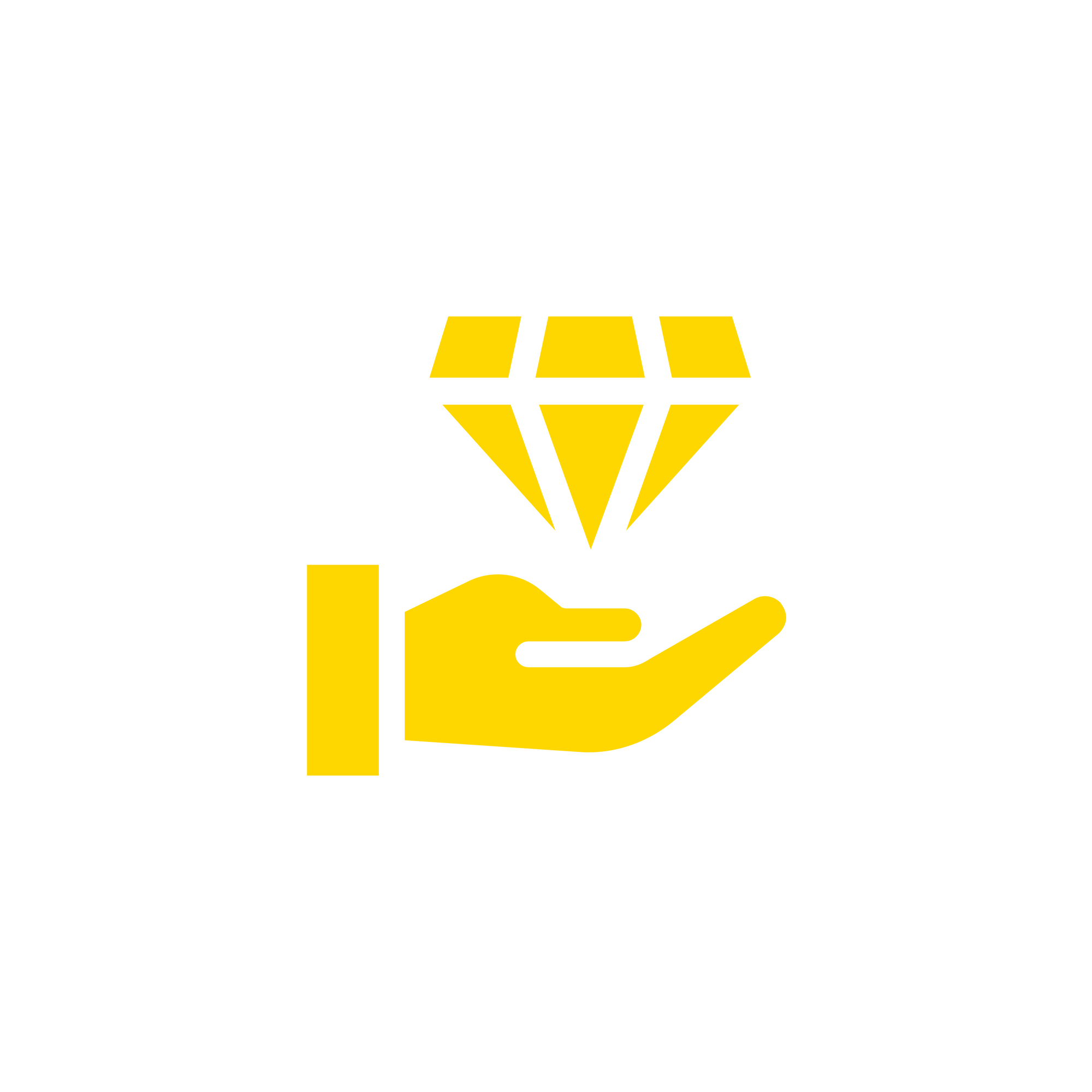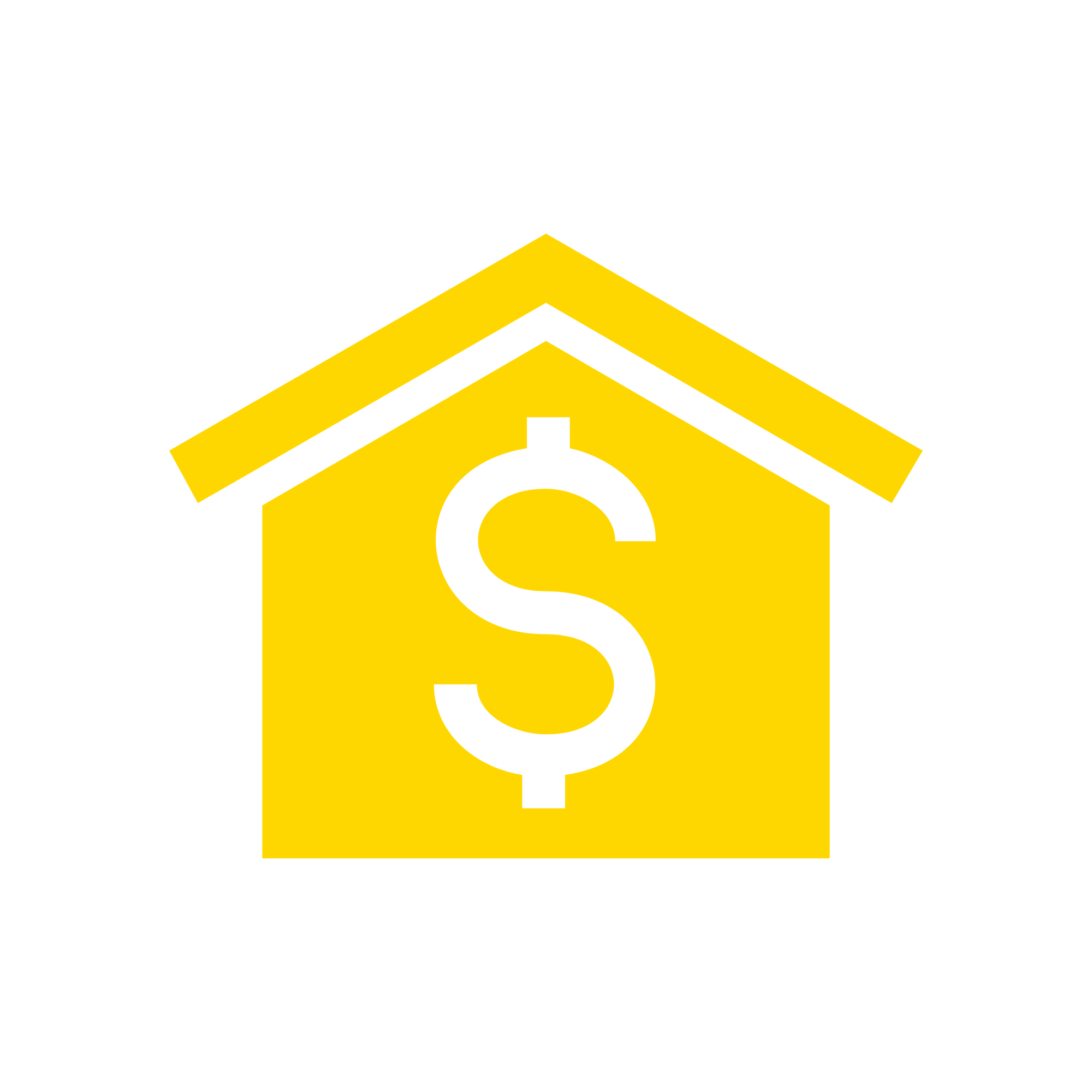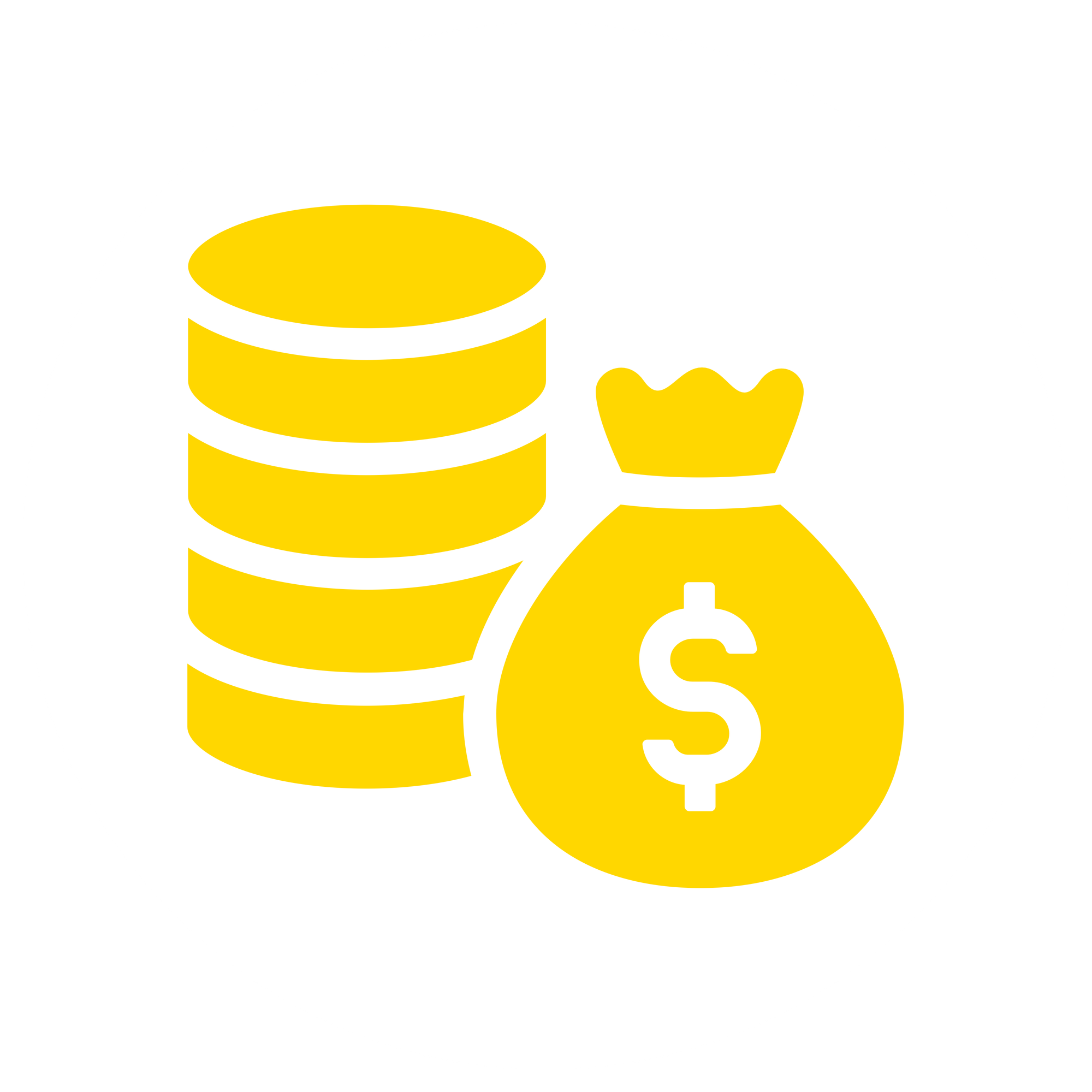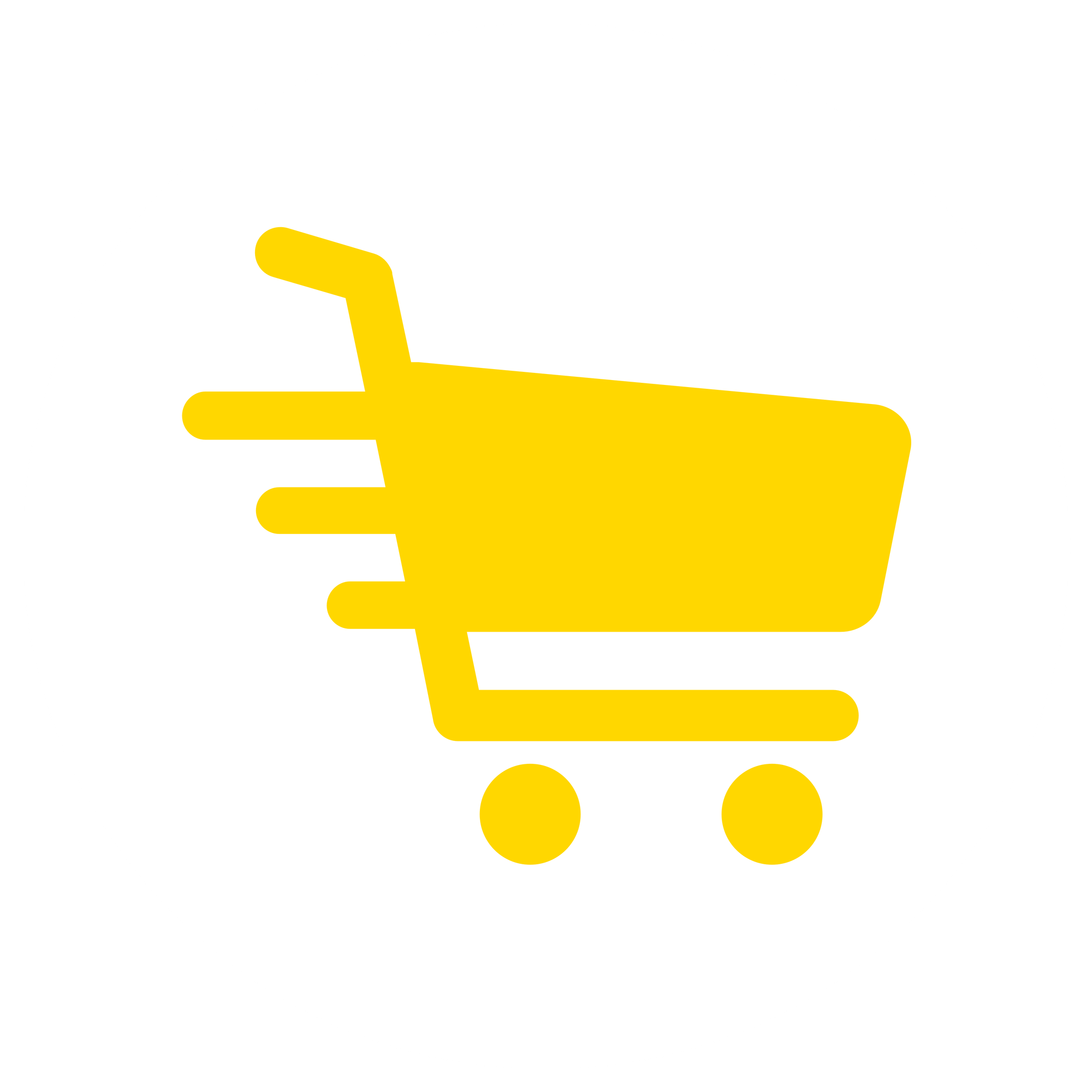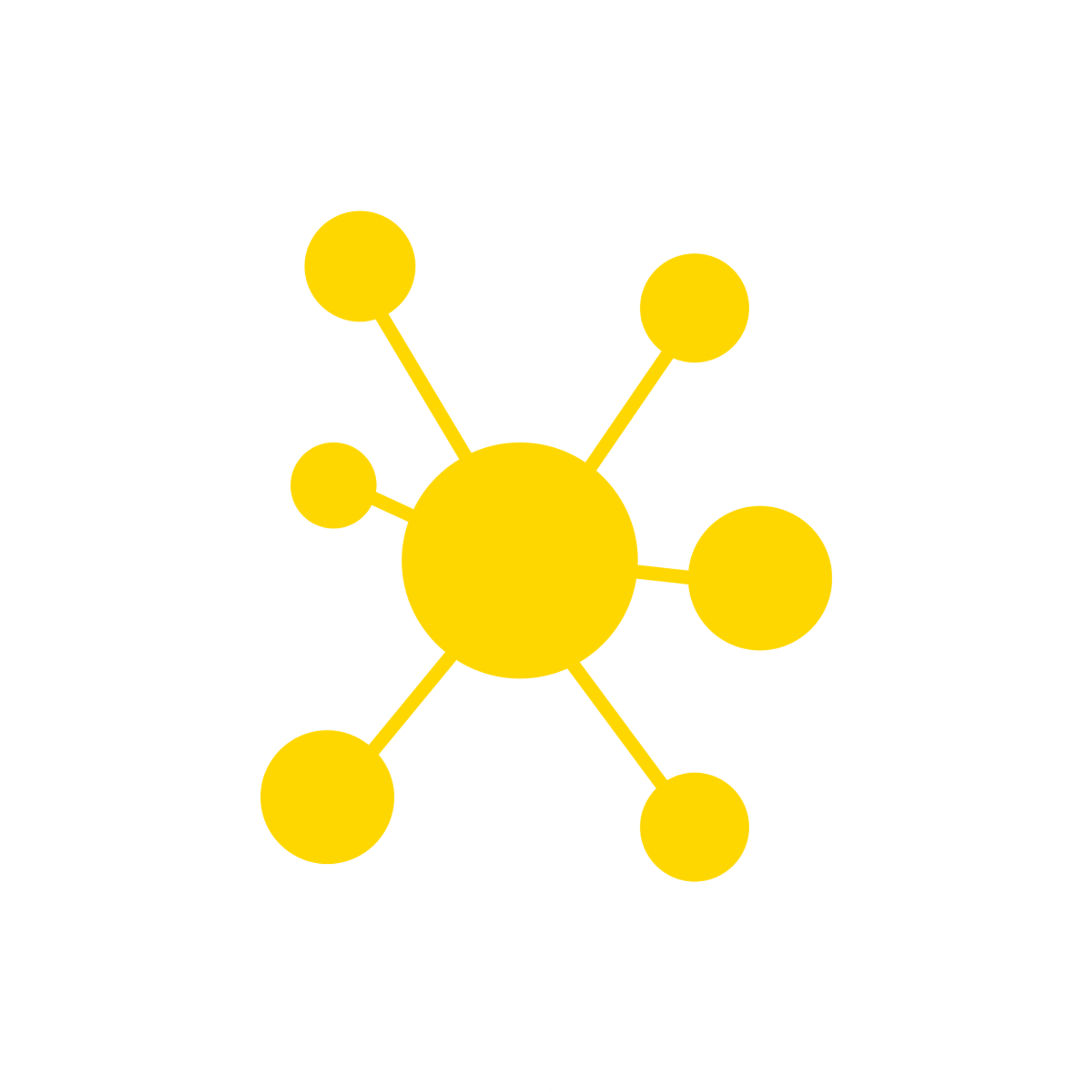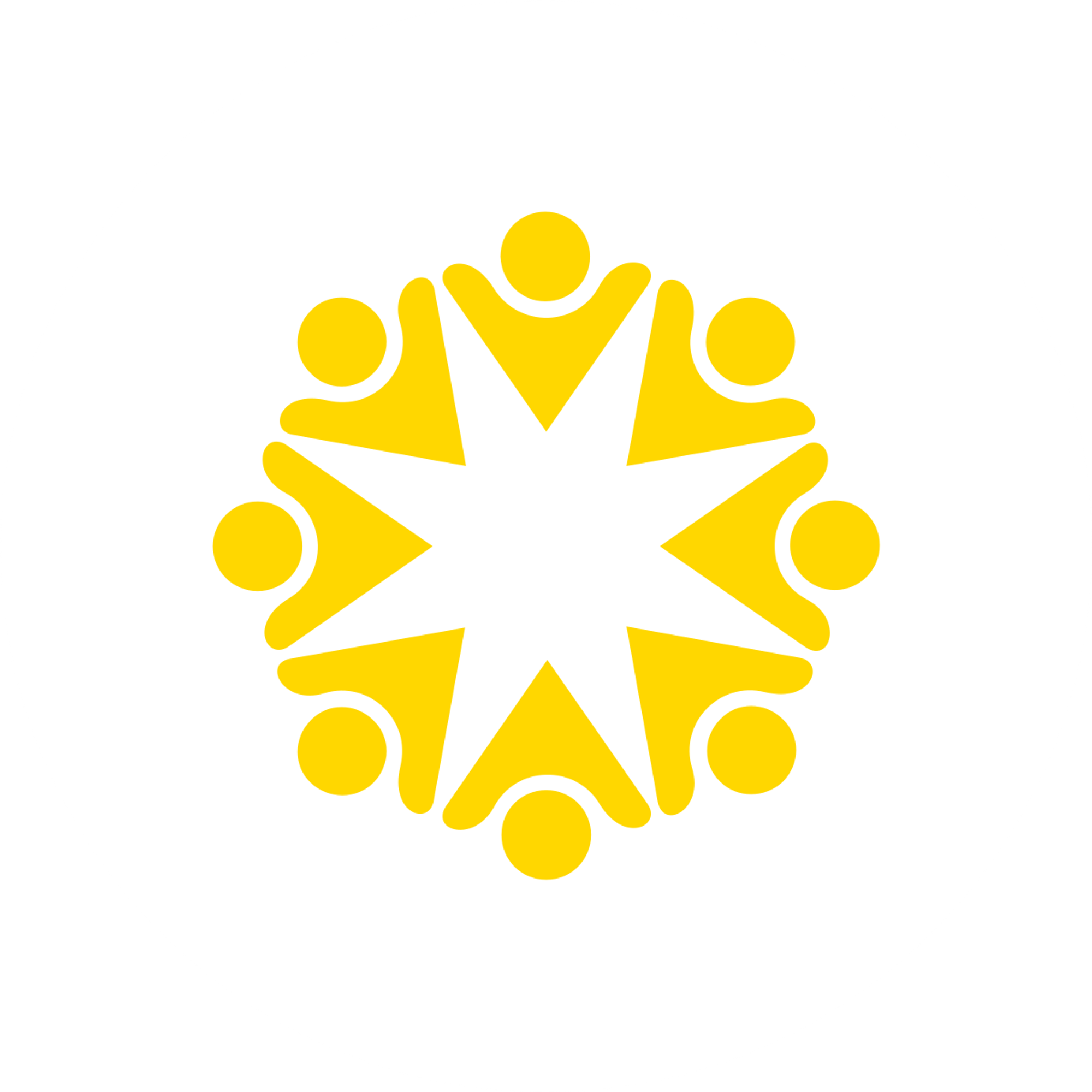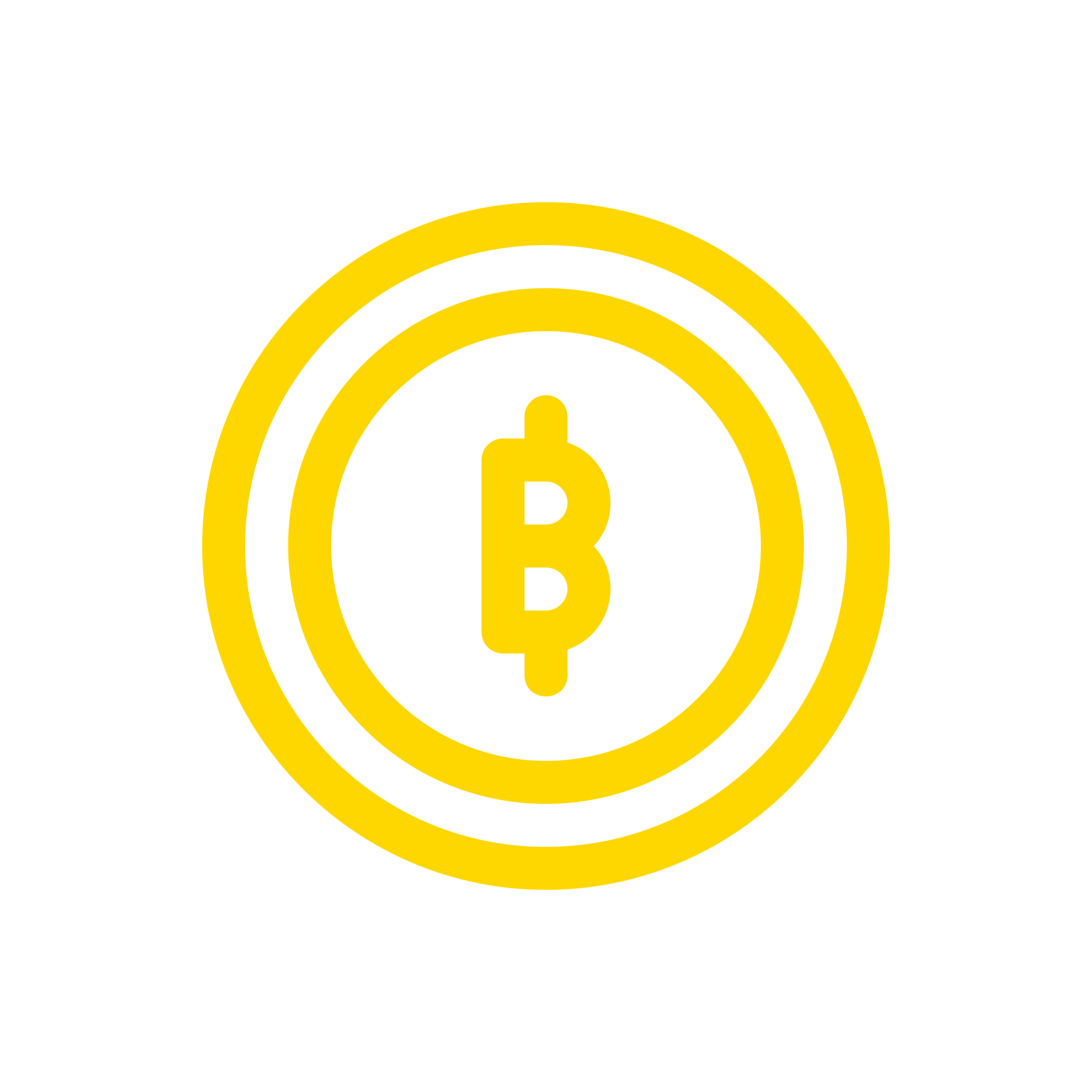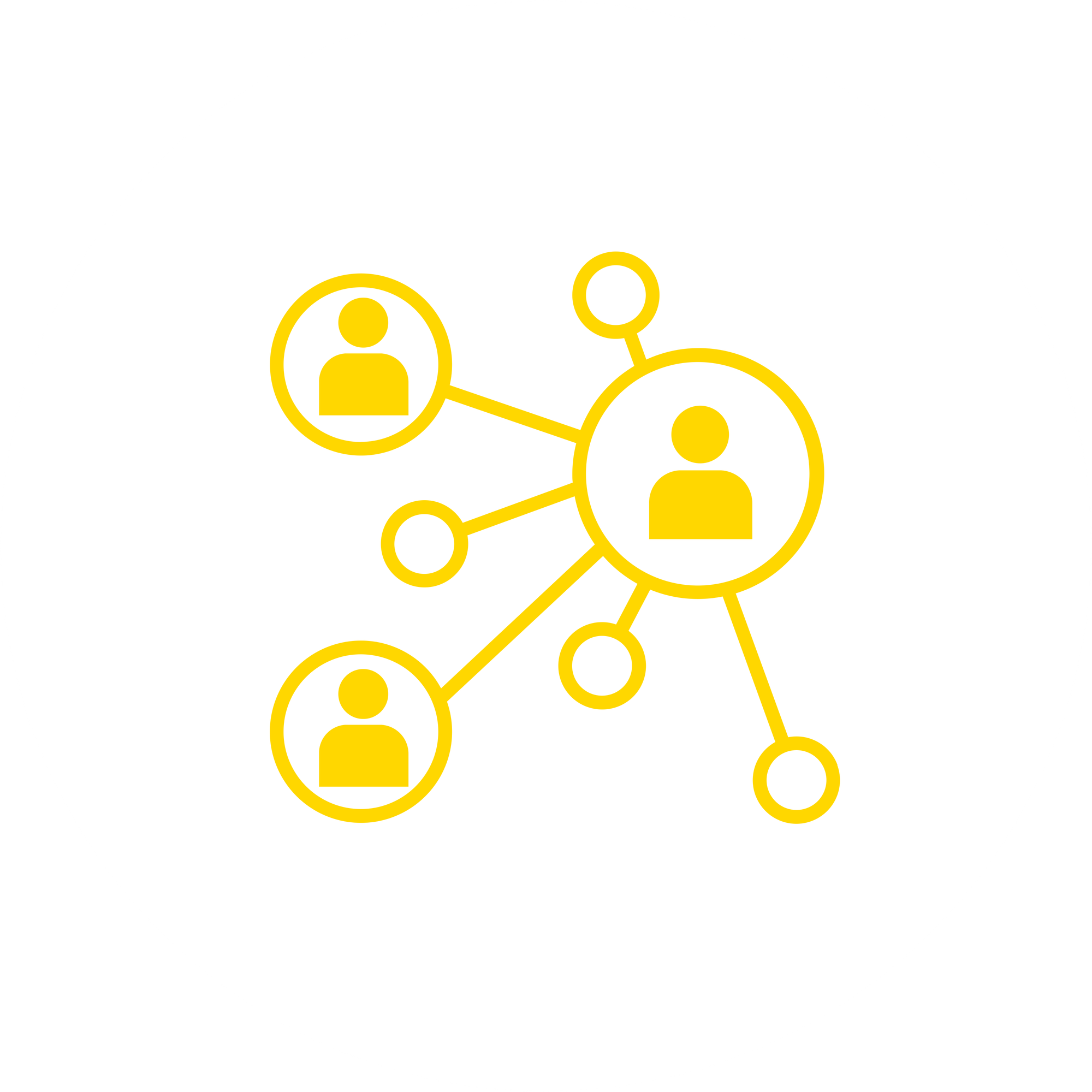Hyper Text Transfer Protocol. What an important concept, it led to the World Web Web, and the rest is history. Let's take a closer look at something we so often ignore in our daily lives on the Internet.
URLs
Here's the structure of URLs (Universal Resource Locators) on the modern Internet:
<protocol name> : / / <domain name> / <file path name>
The protocol name that is most commonly used is HTTP and HTTPS (a secure form of the same), it is so common that we do not generally think of it at all.
The domain names are also common knowledge, such as "google.com" or "facebook.com", as well as the full name of the file or resource including the full path such as /a/b/c/file.html.
Protocol
Why is all this important? Because HTTP is a protocol, an open interoperable standard that allows all networks on the inter-network (Internet) to talk to each other.
This is what is meant by protocol, a standardized way to do something that is codified into processes and often software that just makes it easy for everyone to rely upon it, and for various parties to leverage interoperability.
The Internet is already built using open standards (TCP/IP for instance: Transfer Control Protocol / Internet Protocol), which are the underlying protocols that deal with physical networking etc, all the way up to session management and the Application Layer, where developers can create functionality that users can access via the web.
This Application Layer (is the seventh layer in the OSI model for the network stack) and is the genesis for the "app economy" which exploded in the late 2000s and led to the Web 2.0 phase of the Internet.
WWW
The World Wide Web or just "the web" has become ubiquitous over the past 35+ years since it was first launched. In particular, the web is a collection of all HTTP networks on the Internet, and can be accessed through web browsers, apps, and through APIs.
The fact that anyone can launch an HTTP Network on the Internet is the basic democratization of the world economy as everyone can directly access anyone's network from anywhere else on the planet.
This makes the web already an ideal place to create collaborative networks, except perhaps for the existing problems with today's Internet business models.
Walled Gardens
The Web is called a web because it literally is a tangle of HTTP Networks across the Internet. And within the inhabited parts of the Internet, large Internet platform companies such as Facebook, Apple, Amazon, Google and others (the so called "big tech") have created data silos.
These companies choose not to maintain the open nature of the underlying Internet, and instead create walled gardens that hide user data from each other. They monetize their technology advantage by using advertising-led business models to make a lot of money for themselves at the cost of regular users and businesses that have to pay them for the incredibly one-sided access to their platforms. Reminder: these networks are utilizing the public Internet for their own extractive business models.
Such is business on the Internet today, and of course, our goal with Awake is to shine light on the underlying fabric of the web, so we can empower businesses to take back control of their data from these so called platform companies.
Layer 7
So how to fix this problem? How to fix the wholesale value extraction that is so rampant in the Web2 app economy and the attention economy? Is blockchain the only solution? Blockchain serves an important purpose in the new Internet 3.0 universe, but at Awake we have created another abstraction that helps in fixing this problem.
What exactly is the technical problem we're looking to solve? Here's a statement:
As a content creator, it is not possible for me to track usage of my own HTTP content across others' HTTP networks, particularly if those networks (such as platform companies) actively hide information about consumption of my own content.
Specifically, if I give my HTTP content to an HTTP network such as Facebook (by sharing it on there, for instance), it would be beneficial to me if I could see exactly who is interacting with my contributed content. To be specific: we ask we be granted access to data generated by our content, not anything else. It is a small ask, but active data hiding is the problem.
Because of the fundamentally open nature of the underlying HTTP layer on the Internet, some networks can choose to be open, and others can choose to be closed. This is the tragedy of the commons, how a universally applicable technology because weaponized in the hands of a few Internet companies.
Layer 8
The answer to fixing the problems of the Layer 7, the Application Layer that empowers the "app economy", is to build a new layer on top of this layer.
At Awake, we like to joke that we're a Layer 8 platform (the OSI model only has seven layers) because we are essentially a meta network (MetaWeb ) on top the existing networks on today's Internet.
This means that Awake sits on top of all Layer 7 networks, effectively creating a virtual Layer 8 powered by Awake Internet Application Protocols. And because it is made up of Layer 7 components, it really is a meta network at the Layer 7 level, accessible using nothing more than regular HTTP.
Functional
Why is this important, this new meta network that we call a Layer 8 network?
When you connect to an ISP today, what exactly do you get? By itself, the Internet is just a vast expanse of cyberspace (or more appropriately hyperspace), it is empty. Only when filled with HTTP networks does it become useful.
So an Internet connection by itself is not very useful, it is only the networks that potentially add value to users and businesses. The Internet, by itself, is not functional - it does not do anything. It is like a language that anyone can learn (HTTP), but they must then build all the things themselves, or use things others have built (for a charge, perhaps), to get anything done.
Why is the Internet itself not functional?
We already know the types of things most people want to do on the Internet ... they want to connect into the Internet economy, so they can improve their lives and the lot of their family and community. The basic protocols to make this happen are already known to us: how to create Value , how to enable any Business to make Money and to empower markets (Market) and so much more across various facilitators.
What would a Functional Internet look like? An Internet not just full of HTTP networks and various blockchains, but what would an Awake Internet look like?
HTTP and Web3
And speaking of Blockchain.
Blockchain creates encrypted networks within the broader Inter-network. This is a good thing, it enables Communities full of creators and businesses to use the Internet in the way it was originally designed. Permissionless, decentralized, transparent. It adds Crypto into the mix, there's a lot going for the blockchain!
This type of blockchain applications is what is meant by Web3.
As they say (actually it was said about regular expressions) if you use a blockchain to solve a problem, you now have two problems. What happens when there are dozens of chains and protocols and businesses now have to deal with all of them?
The idea of the Inter-Network, or the Internet which already works in an interoperable way using an open protocol (hello HTTP!) is lost, as one again has to build inter-blockchain communication bridges and cross-chain services to bring back interoperability.
Is there a way to integrate HTTP and blockchain?
Beyond All Clouds
And this is what Awake is really all about. Going back to basics, back to the fundamental layer of the Internet, using the ubiquitous HTTP layer to rebuild a functional inter-network that allows everyone to reconnect to the underlying Internet.
An Awake Internet that automatically co-creates value for the user.
I'm writing a book about this, because beyond Google's cloud and Amazon's cloud and beyond every cloud out there, beyond all clouds is the original and pristine Internet waiting to be rediscovered.
Welcome home.
